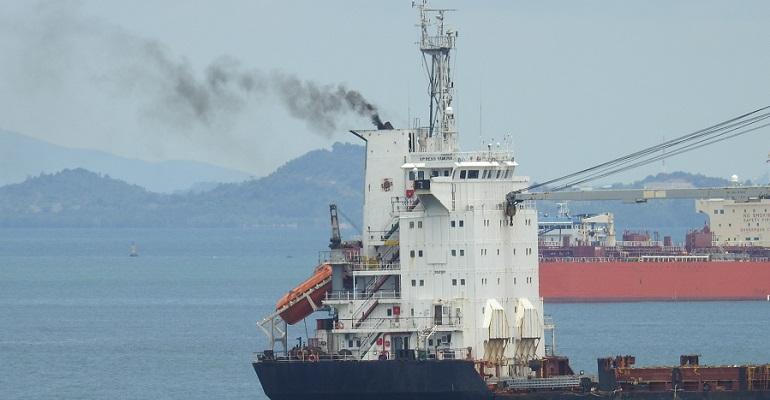The GtZ, a partnership between the Global Maritime Forum and the World Economic Forum, has already proclaimed that for shipping to reach a zero-emission status by 2050, in line with Paris Agreement targets, the industry must be using at least 5% of scalable zero-emission fuels by 2030. However, for the adoption of such fuels on this scale, there must be a way in which they can be priced at levels that make business sense.
A Contracts for Difference scheme would fulfil this requirement, GtZ argues, by paying suppliers of new high-cost marine fuels the difference between the cost of conventional shipping fuel and a ‘strike price’ set at the value required for the new technology to be viable. The suppliers of new more expensive fuels would therefore receive a guaranteed minimum price for their more expensive fuel for the duration of the specific Contract for Difference. The system has been successfully used to support early technological developments in renewables, including wind and solar.
GtZ has suggested that a Contracts for Difference scheme could be funded by some of the revenue generated by shipping’s inclusion in the EU’s Emissions Trading Scheme which is thought likely to take place on a phased basis from 2023.
In its Insight Brief, GtZ estimates that a programme to meet 5% of scalable zero-emission fuels by 2030 would cost €1.2bn a year. However, this could be funded out of ETS revenues that could total €5-9bn a year GtZ said, depending on the ETS pricing framework.
Kasper Søgaard, Managing Director and Head of Institutional Strategy and Development at the Global Maritime Forum, declared: “For full decarbonisation of shipping to be possible by 2050, we should reach 5% scalable zero-emission fuels by 2030 to allow for rapid uptake in the following decades. But we won’t get to 5% without incentives that kick-start investment into zero-emission fuels, so that costs come down. We’ve seen policy measures like Contracts for Difference work for solar and wind and they can have the same catalytic impact for zero-emission shipping fuels.”
Copyright © 2024. All rights reserved. Seatrade, a trading name of Informa Markets (UK) Limited.
Add Seatrade Maritime News to your Google News feed.  |

